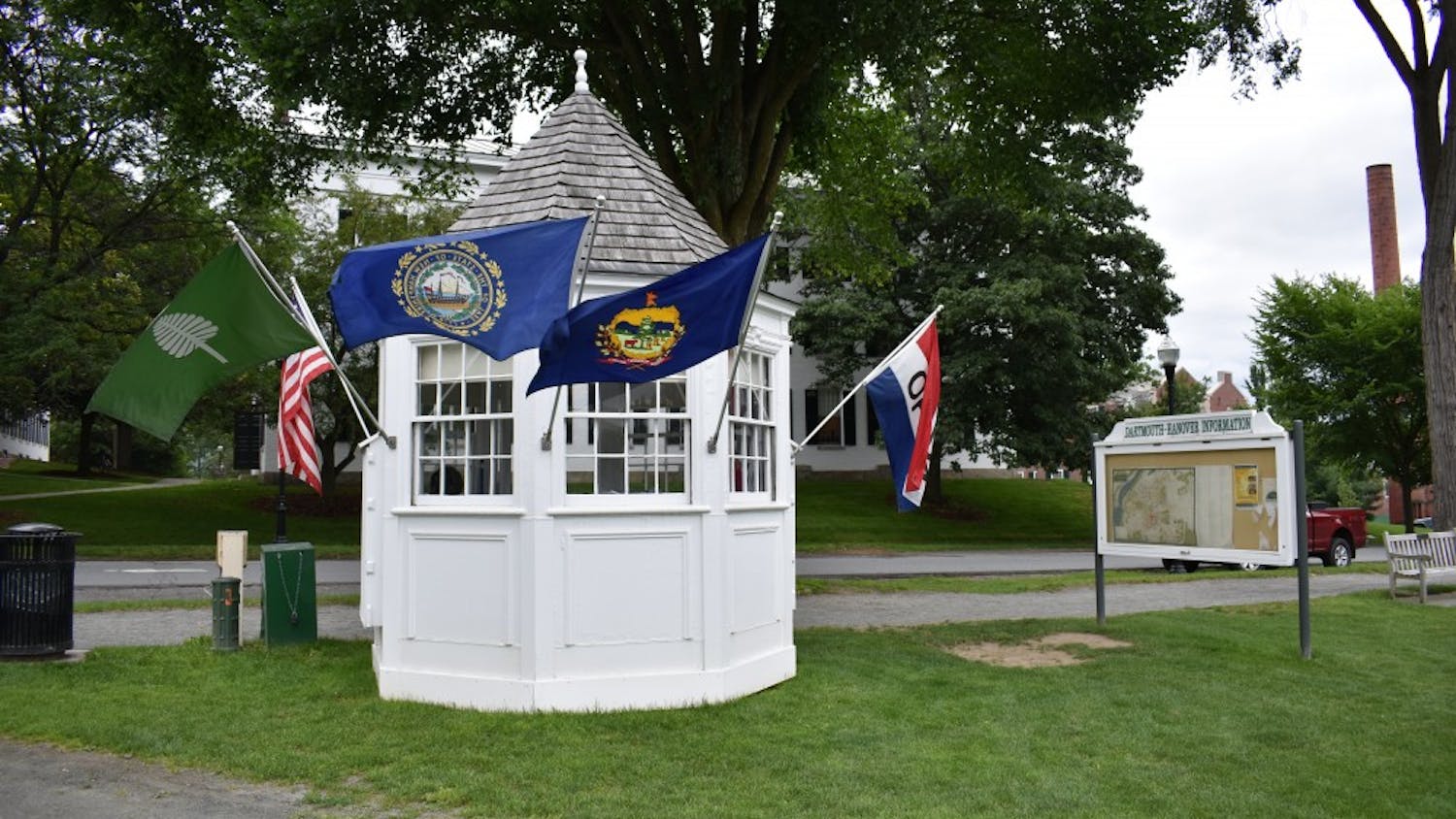Music has always been a central part of my life. In high school I sang in two choirs, performed in musicals and played the flute in band. Every day I looked forward to rehearsal and music-making with my friends. It was a chance for me to pack up the textbooks and give time to one of my passions.
I knew that to succeed academically and remain balanced at Dartmouth, I needed to incorporate music into my schedule. But early into my freshman fall, I realized this goal was going to be harder to achieve than I had initially thought. I had a vague awareness before matriculating about the exclusivity of acapella groups, but I was still shocked by each group’s low acceptance rates. Suffice to say, I was unsuccessful.
As I came to know Dartmouth extra-curriculars better, I was surprised to learn that a wide variety of non-exclusive opportunities existed for athletics, outdoor activities and a plethora of other clubs. In addition to varsity teams, there are club sports and non-tryout intramurals. Regardless of one’s athletic abilities or preferences, there is a school-sponsored space to exercise that interest. But such variety does not exist with respect to music groups. If such variety exists in other parts of campus life, why does the same not exist for vocal groups?
After I realized that competitive acapella groups were not the right fit for me, I looked into three other groups: the Glee Club, Gospel Choir and Jazz Ensemble. But for each vocal group I looked into, I didn’t find the right match. The Glee Club is an audition-only choral group, and choral singing is not my thing. I’m not a jazz singer either, so Jazz Ensemble was ruled out. In my haste to find a non-audition music group, I went to a Gospel Choir practice. I absolutely loved the enthusiasm and the camaraderie, and I can certainly see why many people find a home in the Dartmouth Gospel Choir. The major issue I had was with the type of music — gospel music simply wasn’t the right fit for me. I love to sing pop, folk, and just about every other genre. The problem was that, except for the exclusive acapella groups, a non-specific genre vocal group didn’t exist for me.
There ought to be a place where student musicians and singers can have a low-stakes, welcoming community of other artists, similar to the community I found in high school. My experiences with musical exploration at Dartmouth and the similar stories shared by my peers emphasizes the need for a multi-genre, non-exclusive and low-commitment vocal group. It is vital that an inclusive musical space exist for all students — for those who don’t consider themselves musical experts, or those who don’t want to face the palm-sweating audition process, or those who want a supportive community to sing with or those who just want to try something new. By providing such a space, incoming students will have greater chances to reap the immeasurable benefits music provides to the mind, body and soul.


